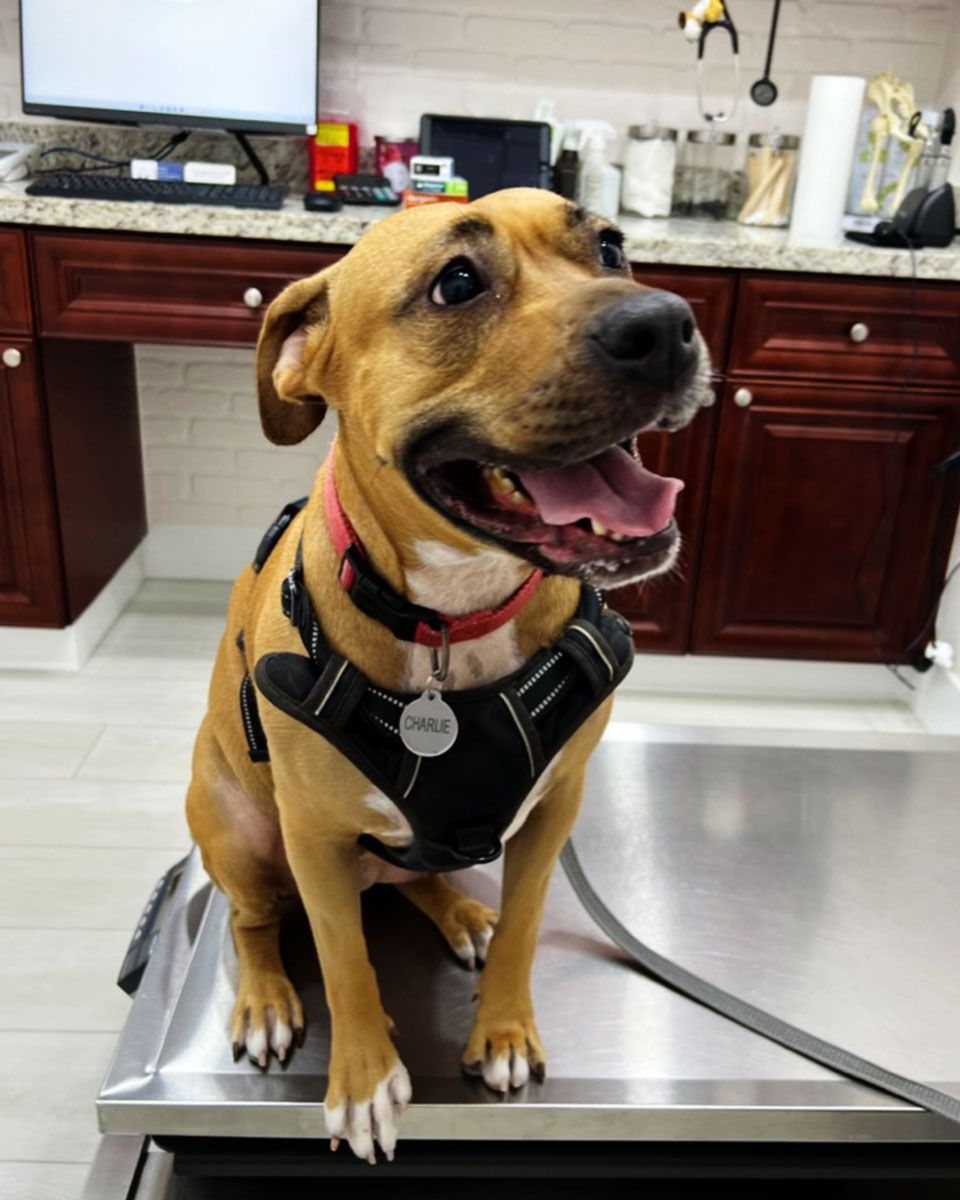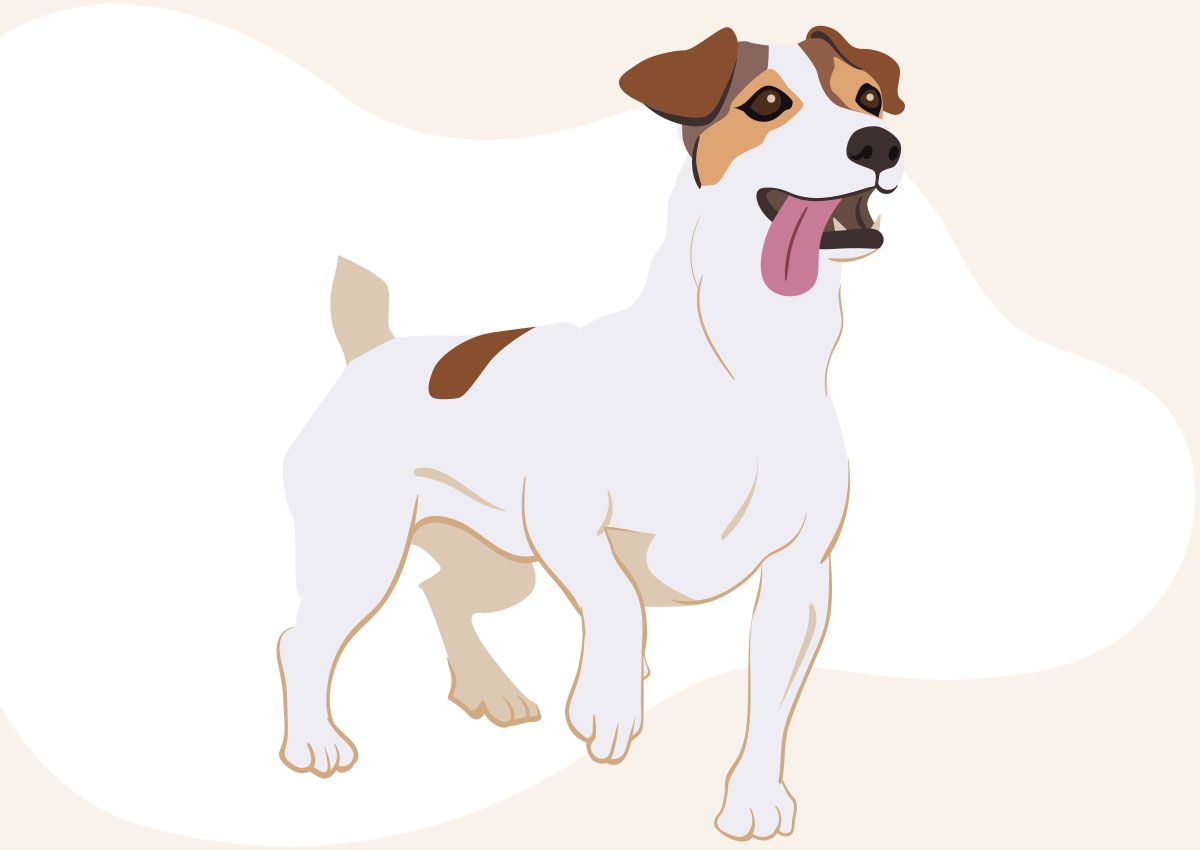
Why Vaccinate Your Pet?
We understand the critical role that vaccinations play in protecting pets from life-threatening illnesses. When nursing stops, pets become more vulnerable to diseases because their immune systems lack the necessary support. Routine vaccinations are a vital part of preventative care for pets and can help safeguard their health. Most pets receive their initial vaccinations around 6 to 8 weeks of age and continue to receive them regularly throughout their adult life. Some vaccines are even combined into a single syringe, minimizing the number of injections your pet receives. After being vaccinated, most young pets take about 5 days to build up protective antibodies, with full protection occurring after 14 days. Some vaccines require multiple doses given over a short period of time, and most require booster shots every 6 months to 3 years.
By vaccinating your pet, you give them a significant advantage in the face of disease. In the event that disease is detected, your vaccinated pet's immune system responds quickly, reducing the severity of the illness or preventing it altogether. It's essential to note that vaccinations are preventative measures, not curative ones. While vaccination can help prevent an illness, it cannot cure an existing disease. If your pet has been successfully vaccinated, is current on booster shots, and has never shown signs of illness or disease, they have likely received effective protection.
By vaccinating your pet, you give them a significant advantage in the face of disease. In the event that disease is detected, your vaccinated pet's immune system responds quickly, reducing the severity of the illness or preventing it altogether. It's essential to note that vaccinations are preventative measures, not curative ones. While vaccination can help prevent an illness, it cannot cure an existing disease. If your pet has been successfully vaccinated, is current on booster shots, and has never shown signs of illness or disease, they have likely received effective protection.



